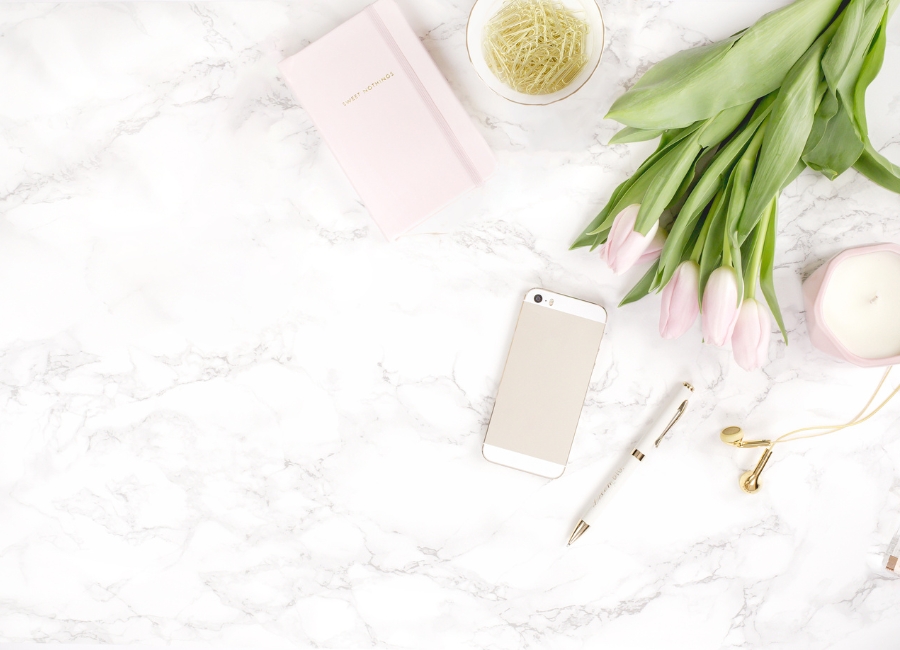Let’s get one thing straight: being frugal does not mean you’re cheap. To go a little deeper: being frugal means you’re “economical with regard to money.” Being cheap means you’re spending the lowest amount possible, with no regard to quality.
Basically, being frugal means you give thought to your money decisions. Being cheap means the only decision is price. Now that we’ve established frugality as a good thing, I want to share some ideas to help you lead a frugal life. If you still need some mental work on frugal versus cheap, check out 5 Ways to Be More Frugal and Less Cheap.
A frugal life is one that is filled with things that matter to you – whether they are experiences, specific things or treats, or people you care about. Your money is spent with intention as you work towards your goals. The beauty of a frugal life is that you can be happy with less of what doesn’t matter, and more of what does!
6 Ideas to Help You Lead a Frugal Life
#1 Get clear on the things that matter most to you (and let go of what doesn’t)
If your ultimate goal is to lead a life of frugality, one of the first things you can do to get there is get clear and specific on what matters most to you. Do you value travel? Do you feel so much better about yourself when your hair is done? Maybe donating 10% to your church is a core value.
The point is to get specific with what matters to you. That way, when the opportunity to spend your money on those things comes up, you can do so without guilt. You also do so knowing that you’re not spending your money on things that bring no value (or artificial value).
Never given thought to what matters? It will take some time and potentially some trial and error. Consider going on a spending fast (AKA a period of time where you don’t spend money on anything that’s not a bill/necessity) and see what you miss and don’t miss after the fast. Be okay with letting go of spending your money on things that don’t bring true joy or value to your life.
#2 Take away the temptation to spend on emotion
For many of us, spending money makes us feel better when things aren’t going well. Spending is a coping mechanism. For another set of individuals (and maybe even some of the same ones), when we’re excited or happy, spending money helps keep that excitement going. The pattern in both scenarios is that spending money is tied to emotion.
To lead a frugal life, you’ll have to learn how to avoid spending on emotion. Unless it’s thought out and planned for, spending money should not be an emotional act. If you’re constantly spending on impulse, it makes you don’t have a handle on the emotions that are triggering you to spend. Remove yourself from situation or temptations that encourage you to spend, especially on emotion.
Here’s an example. If you like to spend your Saturday mornings browsing TJ Maxx, because it helps clear your mind, find other things that can help clear your mind. Take a walk, go on a hike, kayak on a nearby lake, read a book. The point is to take yourself out of situations that trigger you to spend emotionally or impulsively.
#3 Practice characteristics of minimalism
Living a frugal life requires you to have characteristics of a minimalist. I’m not saying you have to go full-blown minimalist but start practicing the important concepts of the practice. Check out the article 7 Ways Minimalism Can Change Your Life for some insight into the benefits of minimalism.
One concept of minimalism is that you only surround yourself with things that spark joy, everything else is donated or tossed. Living with less can help you stay in the frame of mind of only bringing things into your life that matter to you. Not to mention, less stuff means less clutter. Less clutter usually means a more peaceful mind!
#4 Find joy in things that don’t cost money
My boyfriend and I went kayaking this past weekend on the lake in Downtown Austin and it was incredibly peaceful. Here’s a picture I took (while balancing my kayak 😅):

Over the past year, I’ve learned to find joy in being outside, in nature. An idea to help you lead a frugal life is to find joy in doing things that don’t require money. This could be getting outside (like me), or volunteering, spending time at the local library, organizing your home, or any other thing that interests you.
When you can enjoy activities and places that don’t require you to spend money, you can spark joy in your life while keeping a healthy bank account balance. Check out 25 Things to Do Instead of Spending Money for some ideas of things you can do that don’t require cash – maybe you’ll find a new activity that brings you happiness!
#5 Be intentional with every purchase (whether it’s a good one or not)
One major aspect of frugality and successful money management is being intentional with your money decisions. Every purchase you make (whether it’s a good one or not), should be thought through. Mindless spending does not make for a frugal life. It also tends to cause more harm than good. Instead, practice being intentional with your spending.
Every time you go to spend money, ask yourself the following question: “Am I fully present and aware of this action?” Thinking through this question will help you be more present. When you’re present, you can intentionally move forward. Remember, this is not a matter of spending or not spending. It’s a matter of being aware of your decision to spend or not spend. I go into more detail in CGS Podcast Episode 34 – How to Be Intentional With Your Money.
#6 Opt for saving more instead of spending more
At the end of the day, saving more than you spend is a necessity for frugality. When the option comes up to save your money instead of spend it, seize the opportunity. The more you can save your money over spending it, the more you can lead a frugal life by design. I know this idea may be easier said than done, especially in the beginning, but with the other tricks listed, you can get better at it over time!
Related: 6 Simple Ways to Live Within Your Means
Leading a frugal life doesn’t always happen overnight, but even the most extreme spenders can start working towards a life of frugality. The 6 ideas above can help you start moving in the direction of intentional money behaviors. Would you consider yourself a frugal person? What do you think helps you lead a frugal life? Share in the Comments section below!
-Raya
The CGS Team






